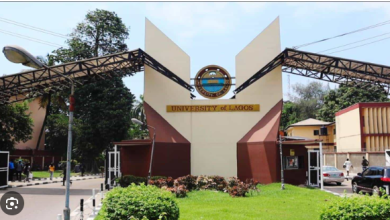Aspiring civil engineers, set your sights on the prestigious University of Lagos (Unilag)! But before you envision towering structures and groundbreaking projects, let’s talk about navigating the sometimes-murky waters of tuition fees. This blog post is your one-stop guide to understanding Unilag’s civil engineering program fees, answering frequently asked questions, and providing additional resources.
The Fee Breakdown:
- Program: Bachelor of Science in Civil Engineering
- Faculty: Engineering
- Fee Range: ₦66,500 – ₦72,500 per session (subject to change)
- Factors Affecting Fees: Level of study (Year 1-5), Indigene status (Nigerian vs. International)
Additional Costs to Consider:
- Acceptance Fee: Applicable upon admission offer
- Accommodation: On-campus housing fees vary depending on type and occupancy.
- Departmental Levies: May include lab fees, field trip charges, and professional society dues.
- Textbooks and Materials: Budget for essential course materials.
Frequently Asked Questions (FAQs):
Q: Are there scholarships or financial aid options available?
A: Yes! Unilag offers various scholarships and grants based on academic merit, financial need, and other criteria. Explore the university’s website and financial aid office for details.
Q: Is the fee structure the same for international students?
A: Yes, international students typically pay the same tuition fees as domestic students. However, additional charges for health insurance and other services may apply.
Q: Does Unilag offer payment plans or installments?
A: Limited information is available online. It’s best to contact the university’s bursary department directly for the latest payment options.
Q: What are the career prospects for civil engineering graduates from Unilag?
A: Unilag’s civil engineering program is highly regarded, and graduates enjoy good employment opportunities in construction, infrastructure development, environmental engineering, and more.




